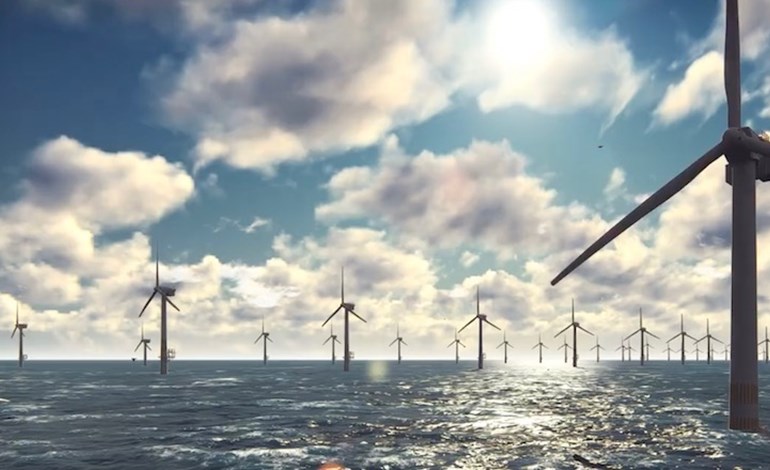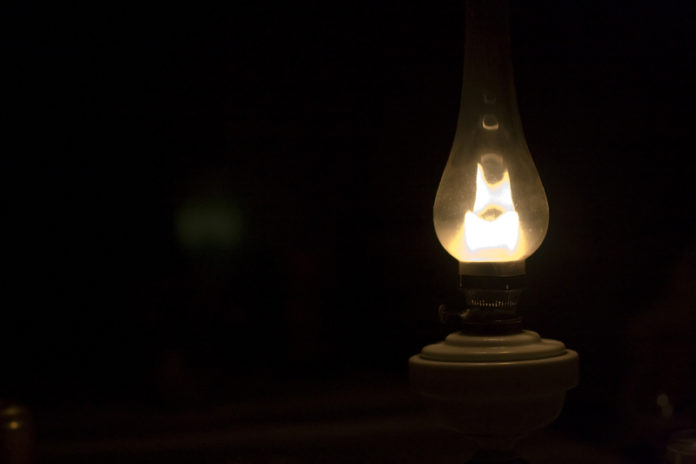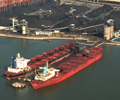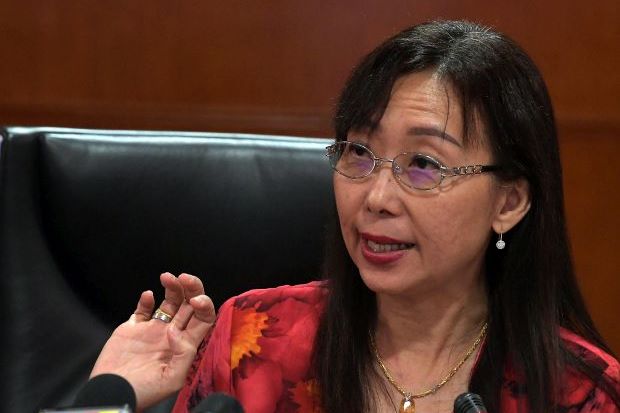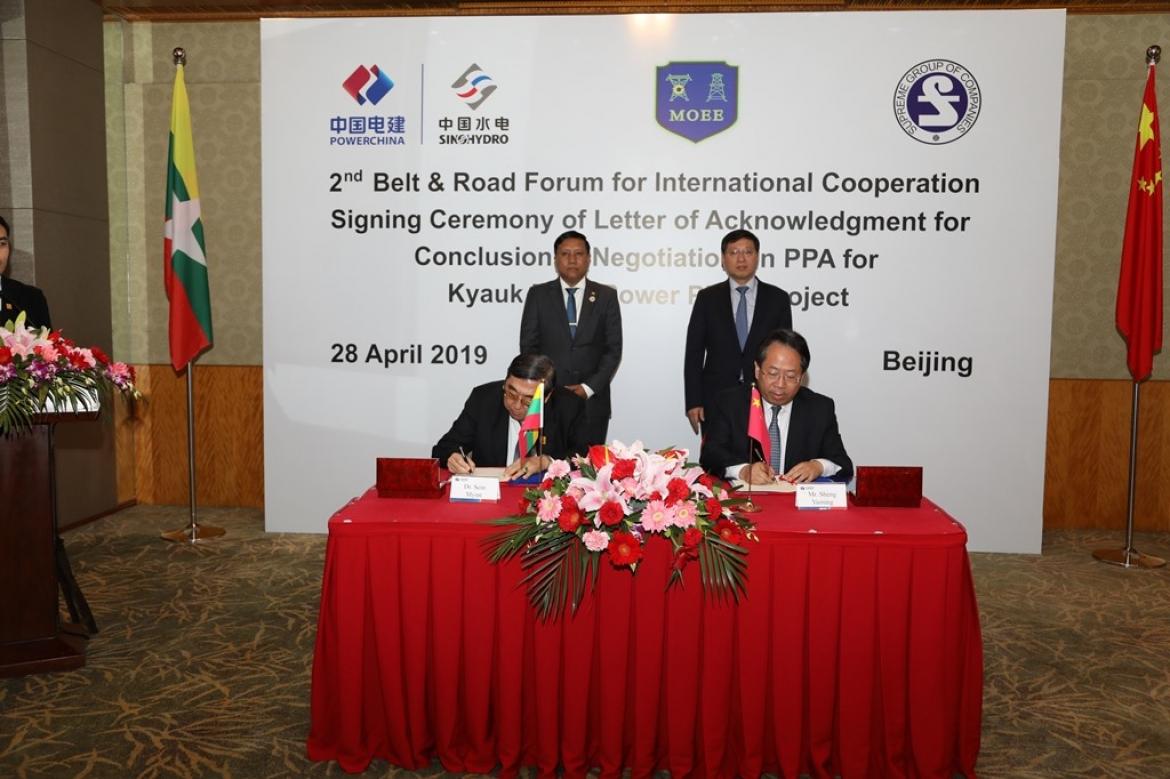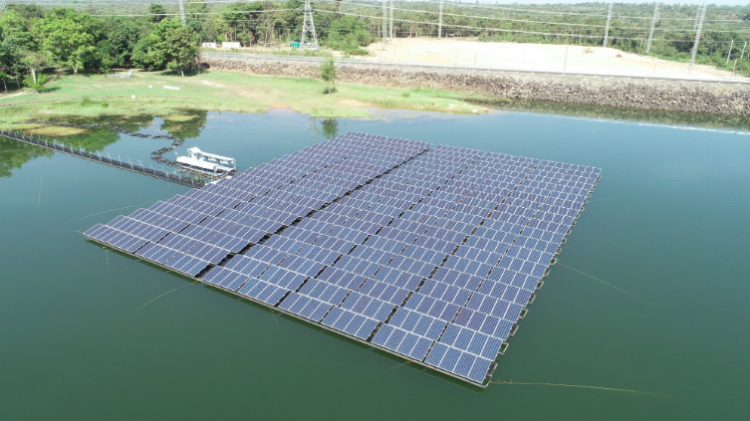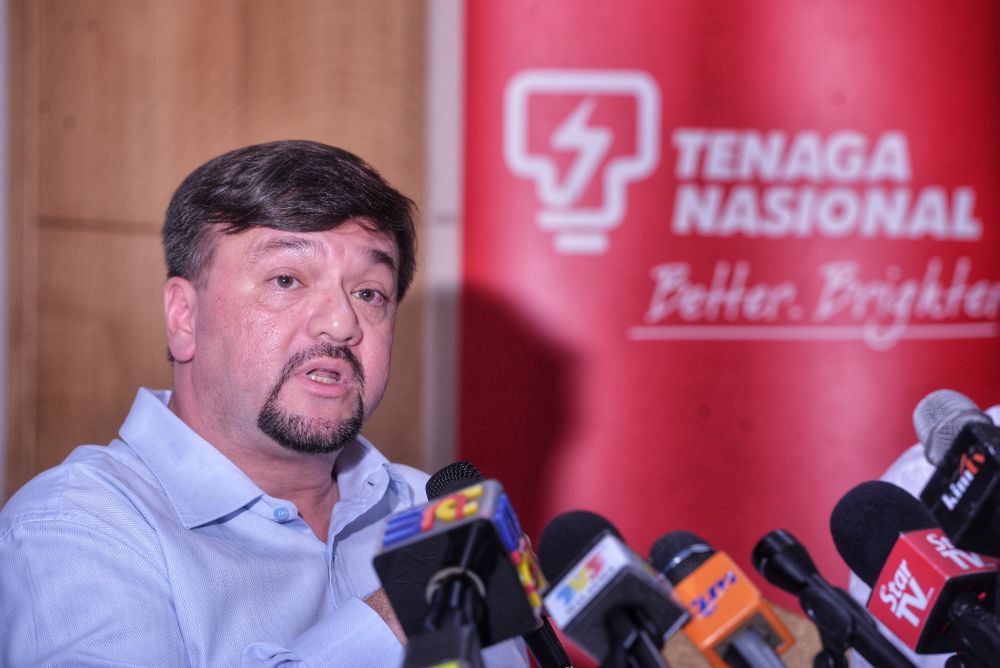- Renewables
–
- Vietnam
Enterprize Energy Group has secured a licence from the Vietnamese government to survey the site of the up to 3400MW Thang Long offshore wind farm off the coast of Vietnam.
The site is located at Ke Ga Cape off Binh Thuan province in the south of the south-east Asian country.
Surveys will cover a 2800 square kilometre area, of which 2000km squared is potentially for the turbines and 800km squared for the export cabling.
Enterprize said about 25% to 30% of the surveyed area will ultimately be used for the wind farm.
The surveys will collect wind data for 12 months 200 metres above sea level and the migration of seabirds and marine organisms.
Geophysical, geological and ocean surveys will also be carried out, with all the data feeding into planning, feasibility and environmental reports.
The first 600MW phase of Thang Long is scheduled to be grid connected in late 2022 or early 2023 and will comprise 64 turbines with individual capacity of about 9.5MW, the company said.
Four more 600MW stages are planned between 2023 to 2026, followed by a final 400MW phase.
Enterprize said the individual turbine size for the subsequent phases is expected to increase with the development of wind turbine technology.
The total investment for the whole project is expected to be $11.9bn, not including investment for connecting to the country’s national electricity system.


